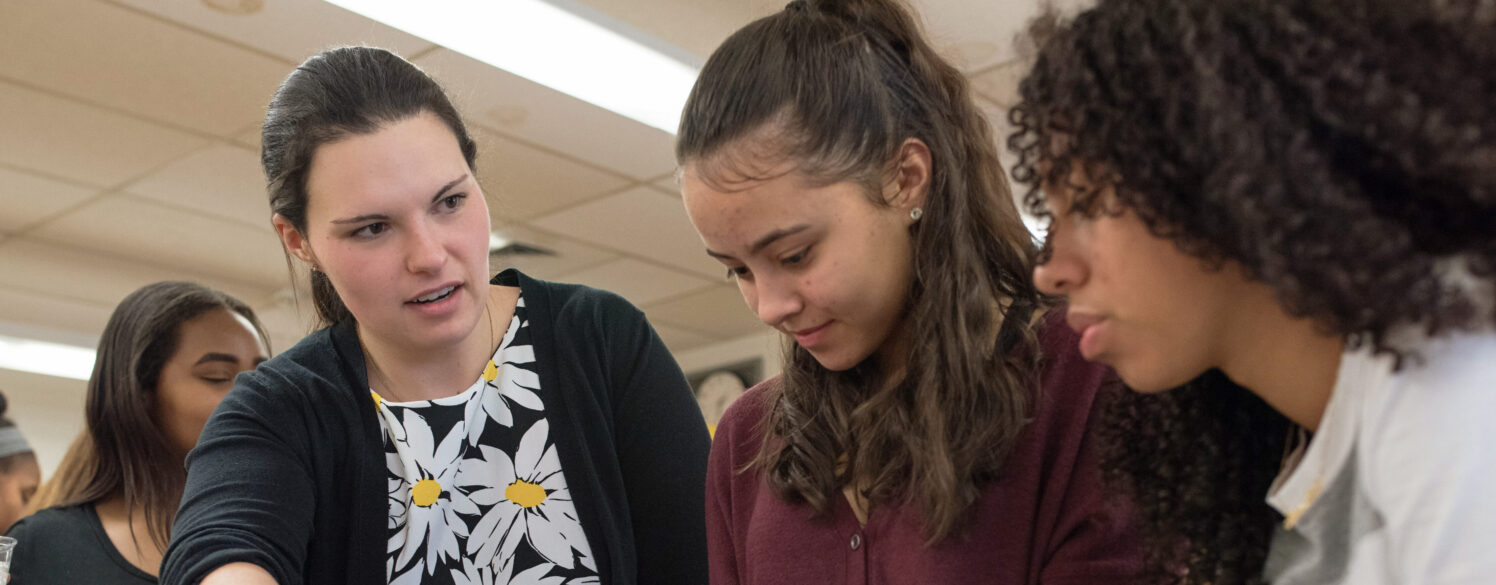Valuable Tools for Educators

Resources
-
Classroom Resource Science Teaching Strategies Actions to Behavior Monitoring ToolThis monitoring tool helps science educators make student engagement in science practices visible. By distinguishing observable actions from developing behaviors, it supports formative noticing during investigations. Student self-checks promote agency, while teacher notes capture evidence in real time, reinforcing students’ identities as people who do science.
View Resource -
Professional Learning Resource Inquiry Practitioner Inquiry as a Tool to Redesign Classroom Instruction with Early Career TeachersIn this webinar, we describe how collaborative practitioner inquiry can be used to redesign classroom instruction.
View Resource -
Professional Learning Resource Teacher Leadership Understanding Your System Through Activity System Framework (ASF)Teacher leaders seek to make a difference beyond their classrooms, but school systems are complex and ever-changing. This resource introduces the Activity System Framework to help teachers map, analyze, and better understand their systems—whether a classroom, department, or committee—so they can identify leverage points for meaningful change.
View Resource -
Professional Learning Resource Inquiry Strengthening Equitable Teaching Practices through Collaborative InquiryIn this webinar, we engage in a collaborative inquiry cycle and discover the benefits of using collaborative inquiry to strengthen equitable teaching practices.
View Resource -
Professional Learning Resource Teacher Leadership Empowering Early Career STEM Teachers: Collaborative Conversations for Equitable PracticesIn this webinar, we present a specialized tool designed to assist early-career STEM teachers (ECSTs) in identifying factors within complex systems that impact collaborative relationships between colleagues. This tool aids ECSTs in meaningful discussions about implementing equitable teaching practices across all grade bands and content levels, fostering shifts in their own and their colleagues’ approaches.
View Resource